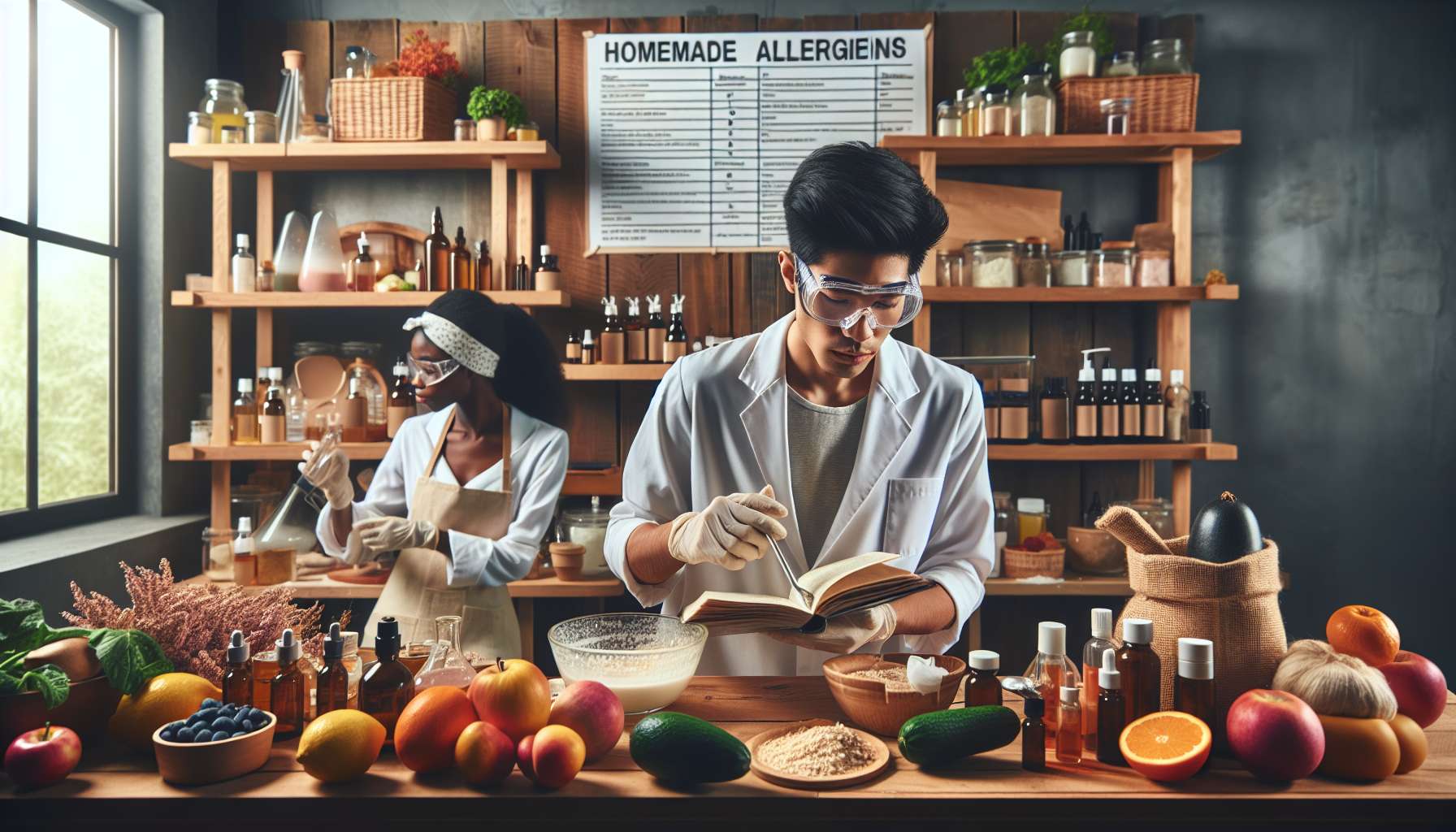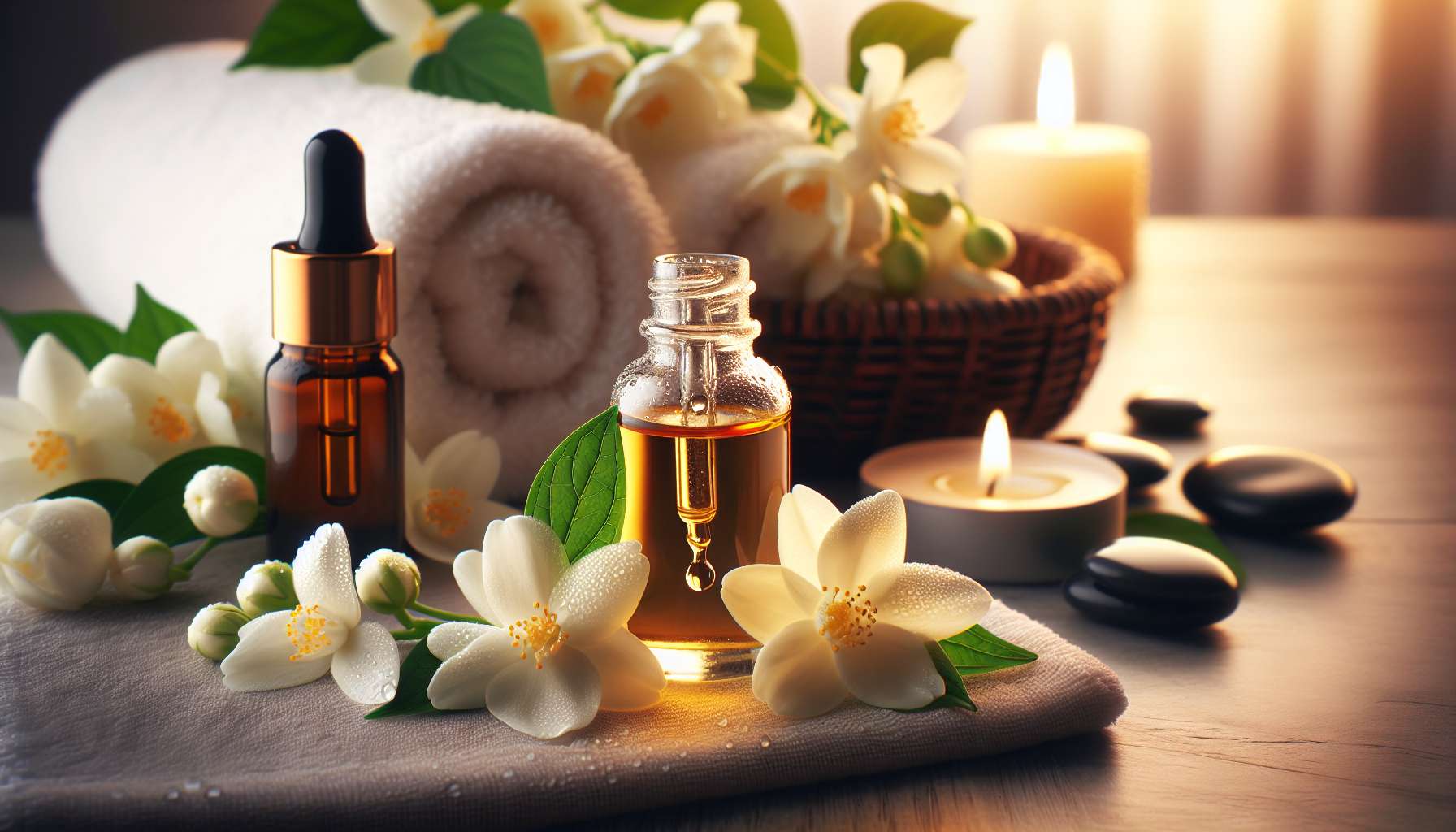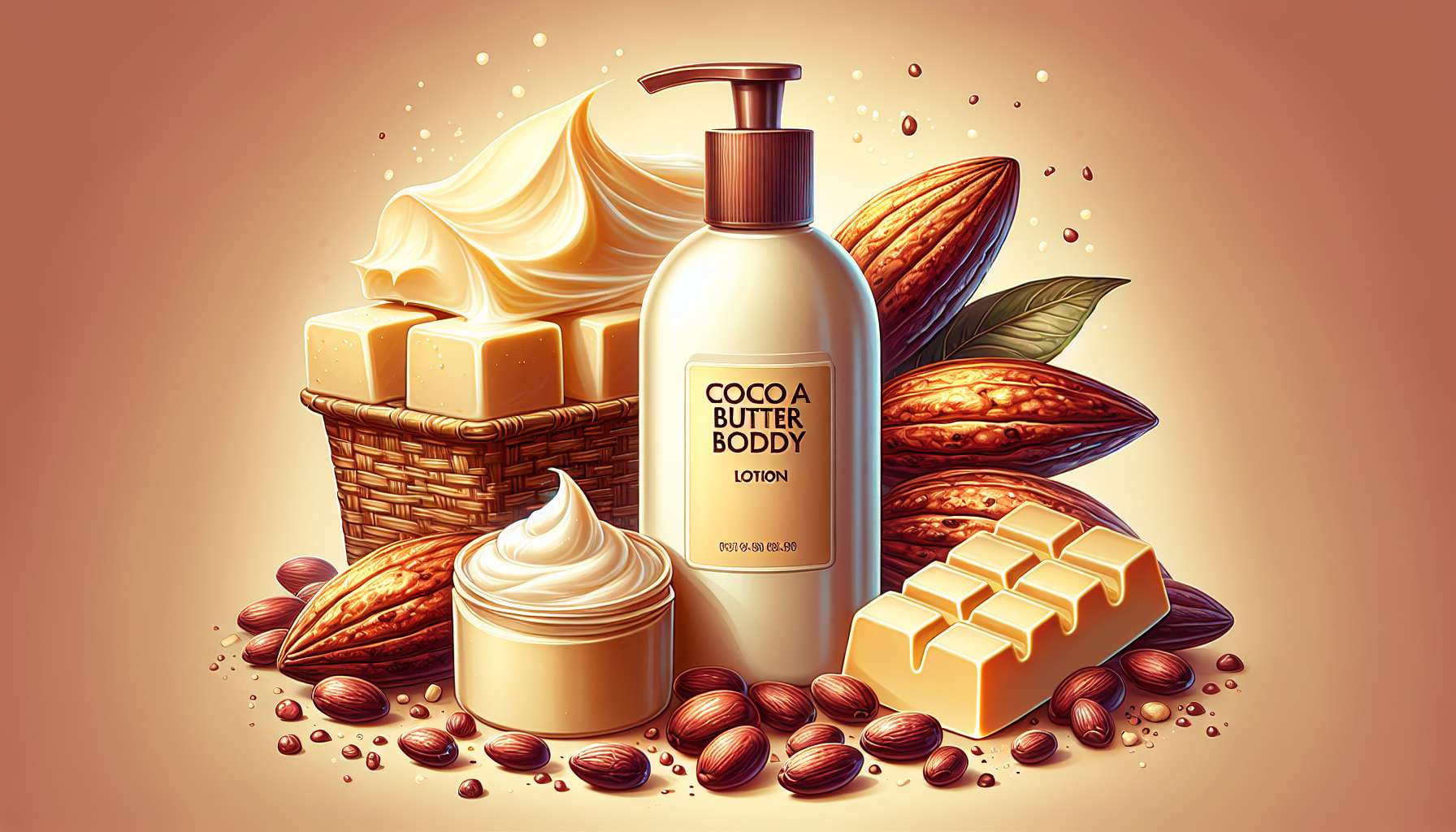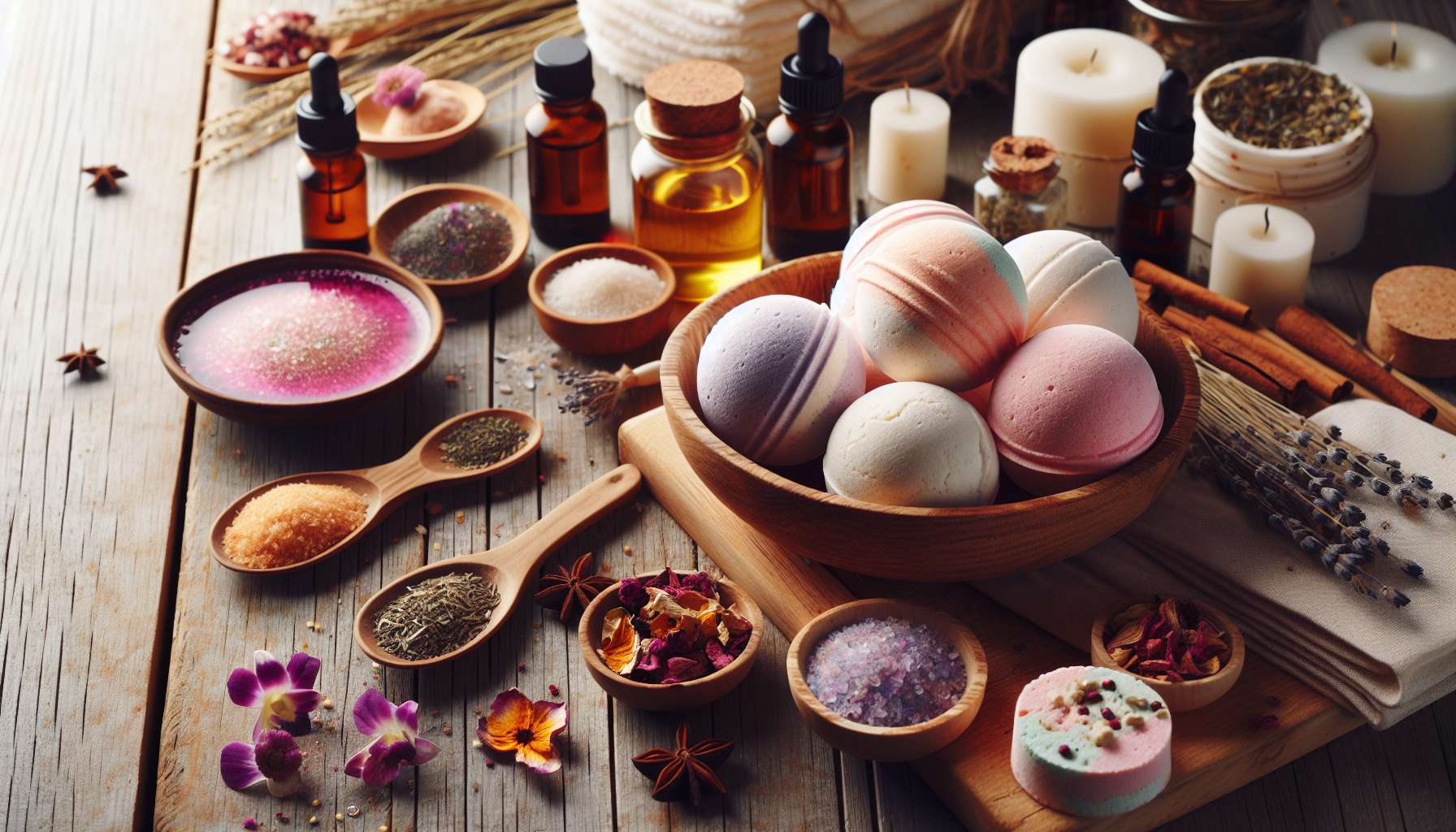Homemade Skincare Safety: A Comprehensive Guide
Skincare is an essential part of our daily routine, helping us maintain healthy and radiant skin. With the rise in popularity of natural and homemade skincare products, many people are turning to DIY solutions to cater to their skincare needs. However, while homemade skincare can offer numerous benefits, it is crucial to understand the importance of safety and proper practices when creating and using these products. In this article, we will delve into the world of homemade skincare safety, exploring its intricacies, potential risks, and best practices to ensure a safe and effective skincare routine.
The Basics of Homemade Skincare
Homemade skincare involves using natural ingredients like fruits, oils, herbs, and other household items to create skincare products such as face masks, scrubs, and creams. Many people prefer homemade skincare products due to their perceived purity, cost-effectiveness, and customization options. However, it is essential to remember that not all natural ingredients are safe for use on the skin, and improper formulations can lead to adverse reactions or skin damage.
When creating homemade skincare products, it is crucial to research and understand the properties of each ingredient, their potential interactions, and the proper concentrations to ensure safety and efficacy. Additionally, maintaining hygiene during the preparation and storage of these products is vital to prevent contamination and microbial growth.
The Risks of Homemade Skincare
While homemade skincare products can be beneficial, they also pose certain risks if not used or formulated correctly. Some common risks associated with homemade skincare include:
1. Skin Irritation and Allergic Reactions
One of the most significant risks of using homemade skincare products is the potential for skin irritation or allergic reactions. Natural ingredients like essential oils, citrus fruits, and certain herbs can be irritating to the skin, especially if used in high concentrations or on sensitive skin types. It is essential to perform a patch test before using any new homemade skincare product to check for adverse reactions.

2. Contamination and Microbial Growth
Homemade skincare products are more susceptible to contamination and microbial growth due to the lack of preservatives and stabilizers found in commercial products. Improper storage, handling, or usage of these products can lead to bacterial or fungal infections on the skin. It is crucial to use clean utensils, containers, and storage methods to prevent contamination and ensure the safety of homemade skincare products.
Best Practices for Homemade Skincare Safety
To enjoy the benefits of homemade skincare while minimizing the risks, it is essential to follow best practices for safety and efficacy. Some key guidelines for ensuring homemade skincare safety include:
1. Research Ingredients Thoroughly
Before using any natural ingredient in your homemade skincare products, research its properties, potential benefits, and any known risks or interactions. Be cautious when using essential oils, potent extracts, or new ingredients, especially if you have sensitive skin or existing skin conditions.
2. Perform Patch Tests
Prior to using a new homemade skincare product, perform a patch test on a small area of skin to check for any adverse reactions. Apply a small amount of the product on the inner forearm or behind the ear and wait for 24-48 hours to observe any redness, itching, or irritation.
3. Use Proper Formulation Techniques
When creating homemade skincare products, follow recommended formulations, measurements, and guidelines to ensure the safety and efficacy of the final product. Avoid using high concentrations of potent ingredients and always dilute essential oils or extracts as needed.
4. Maintain Hygiene
Keep your utensils, containers, and work area clean and sanitized when preparing homemade skincare products. Use sterile tools, wash your hands thoroughly, and avoid introducing contaminants into your products to prevent microbial growth and contamination.
5. Store Products Properly
Homemade skincare products should be stored in a cool, dark place away from direct sunlight and humidity to maintain their stability and prevent spoilage. Use airtight containers, label products with ingredients and expiry dates, and discard any products that show signs of contamination or degradation.
Expert Opinions on Homemade Skincare Safety
We reached out to skincare experts for their insights on homemade skincare safety. Dr. Emily Chen, a dermatologist specializing in natural skincare, emphasized the importance of ingredient knowledge and proper formulation techniques when creating homemade products.
“It’s essential to understand the properties of each natural ingredient you use in your skincare products and how they can benefit or harm your skin,” Dr. Chen explained. “Proper formulation and hygiene practices are key to ensuring the safety and effectiveness of homemade skincare products.”
Common Misconceptions about Homemade Skincare
One common misconception about homemade skincare is that natural ingredients are always safe and beneficial for the skin. While many natural ingredients offer skincare benefits, some can be irritating, allergenic, or unsuitable for certain skin types. It is vital to research and understand the properties of each ingredient before using it in homemade skincare products.
Conclusion
To wrap things up, homemade skincare can be a rewarding and enjoyable experience, offering the opportunity to customize your skincare routine and explore the benefits of natural ingredients. However, it is essential to prioritize safety and efficacy when creating and using homemade skincare products. By following best practices, researching ingredients, and maintaining hygiene, you can enjoy the benefits of homemade skincare while minimizing the risks of adverse reactions or skin damage. Remember, your skin deserves the best care, so choose wisely and prioritize safety in your skincare routine.




